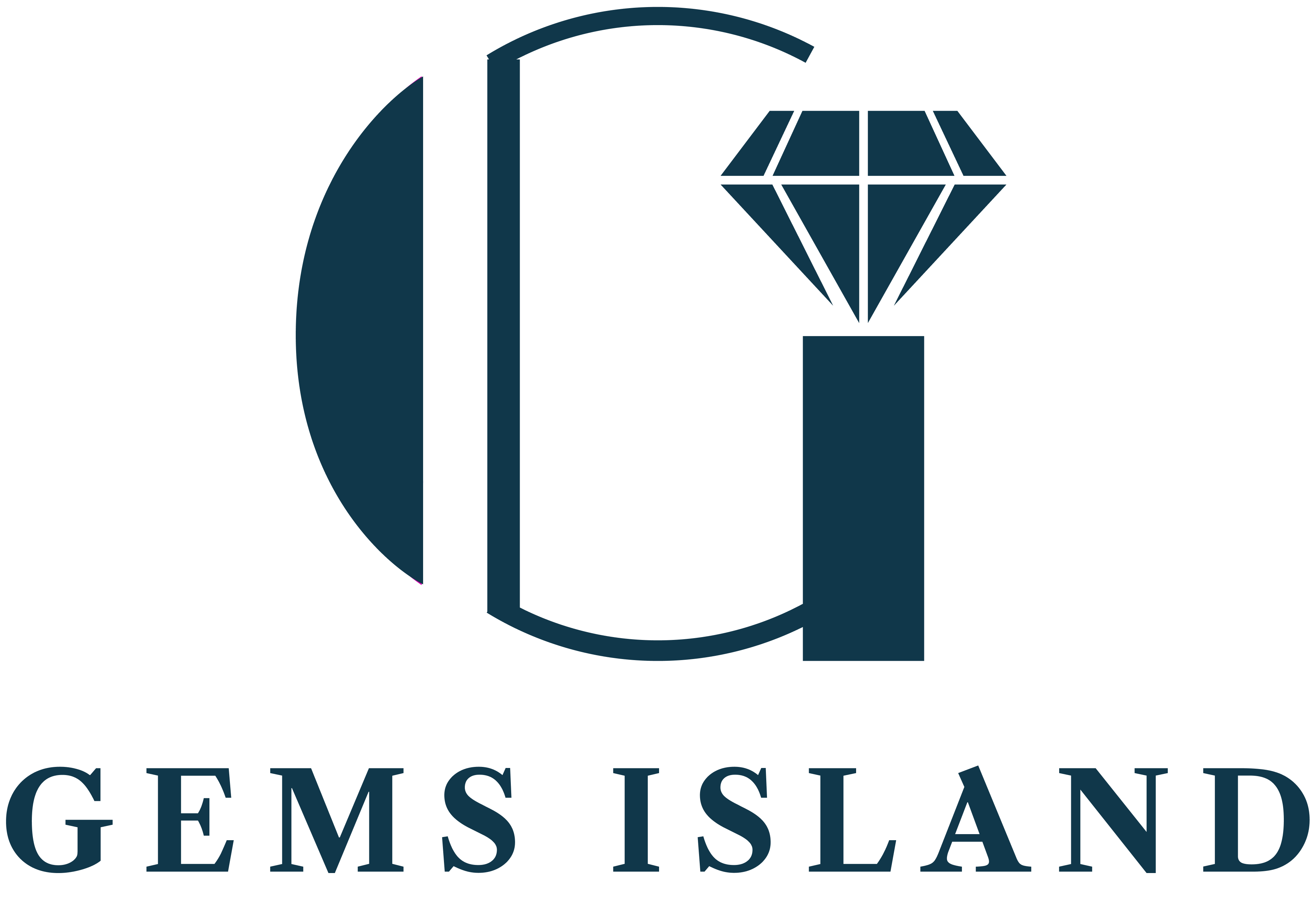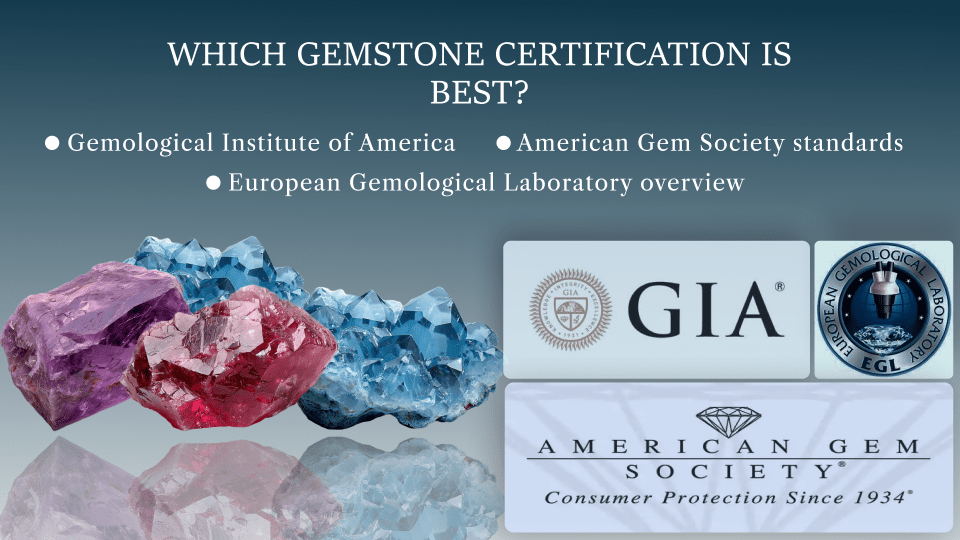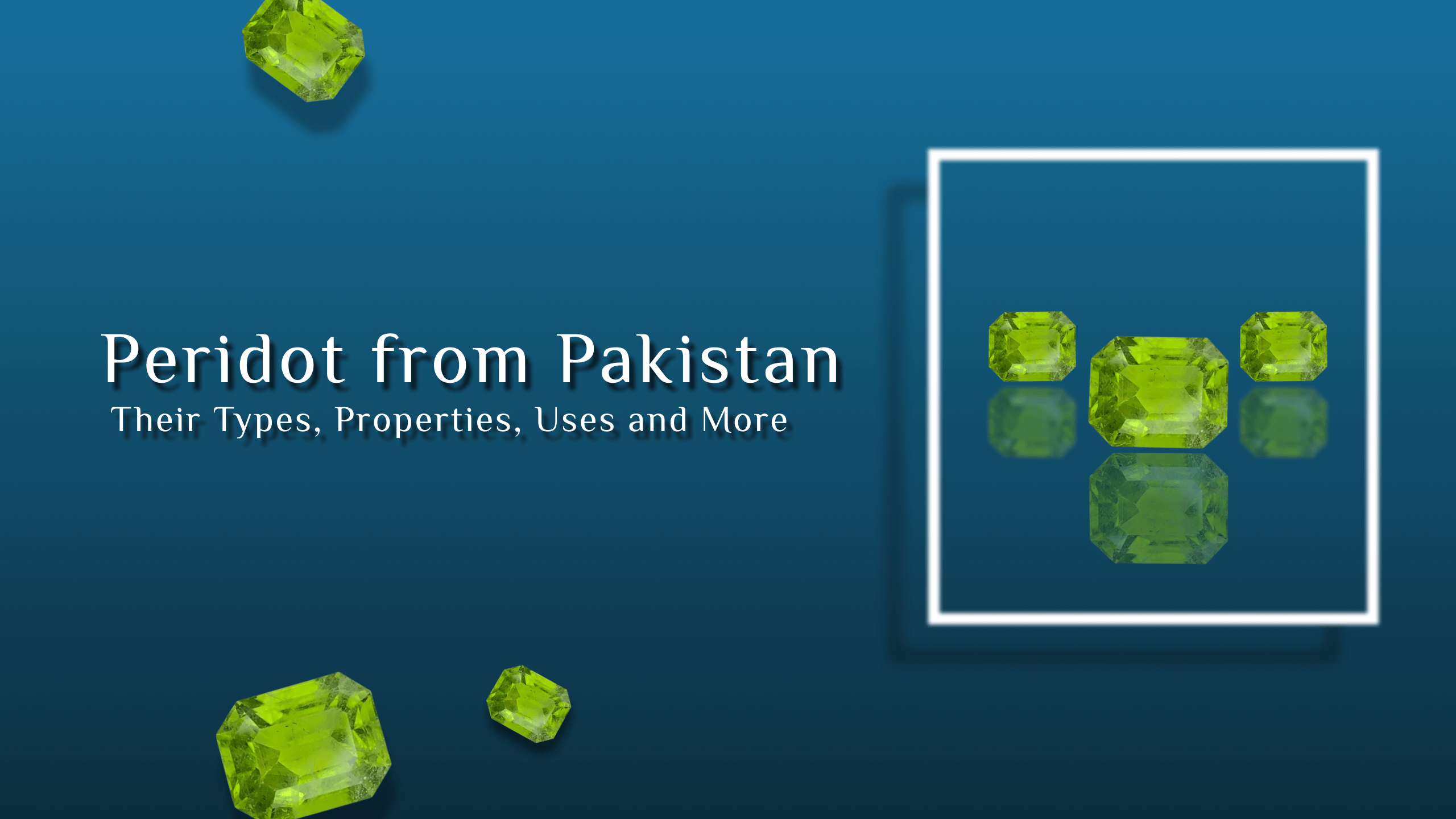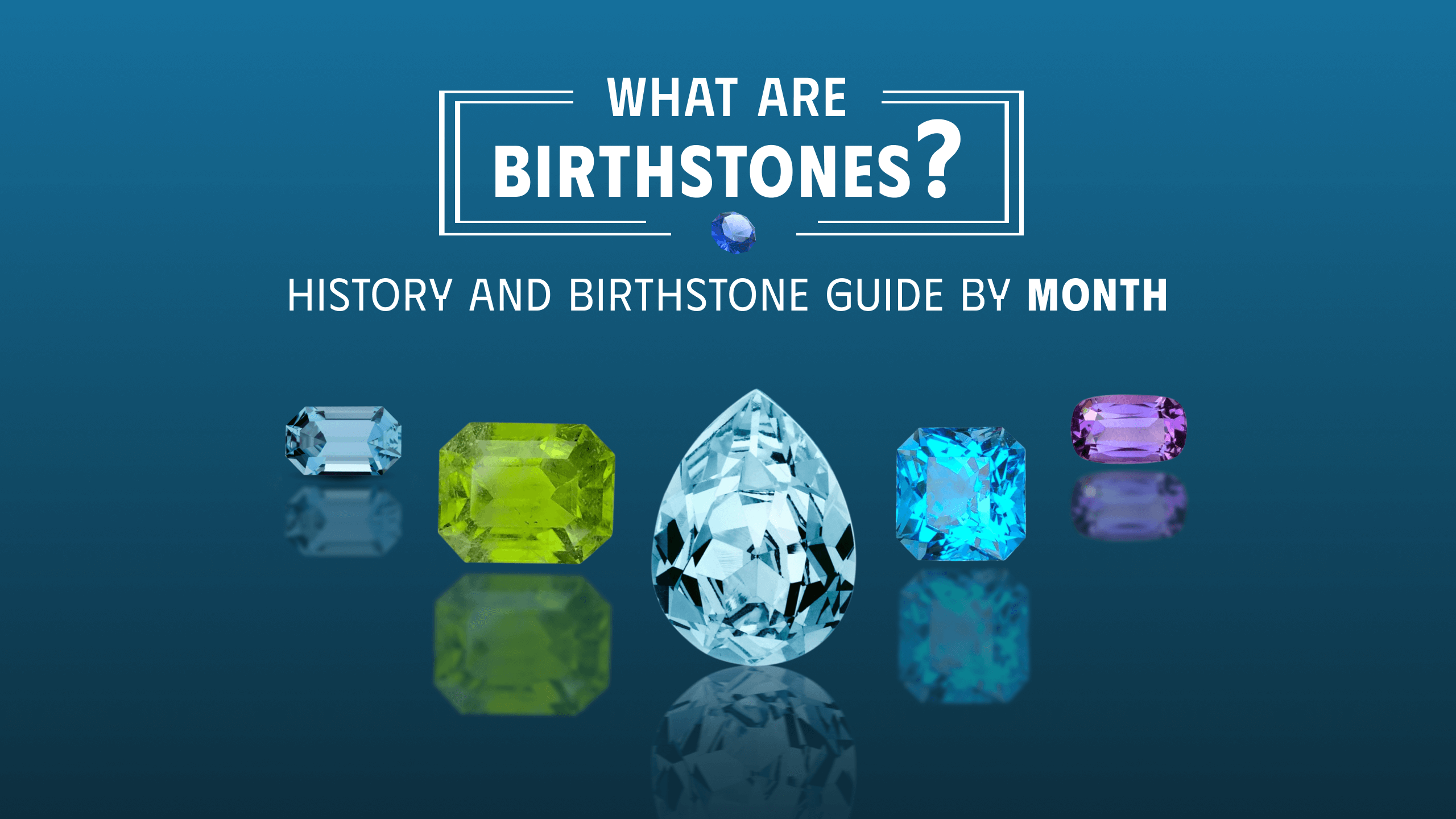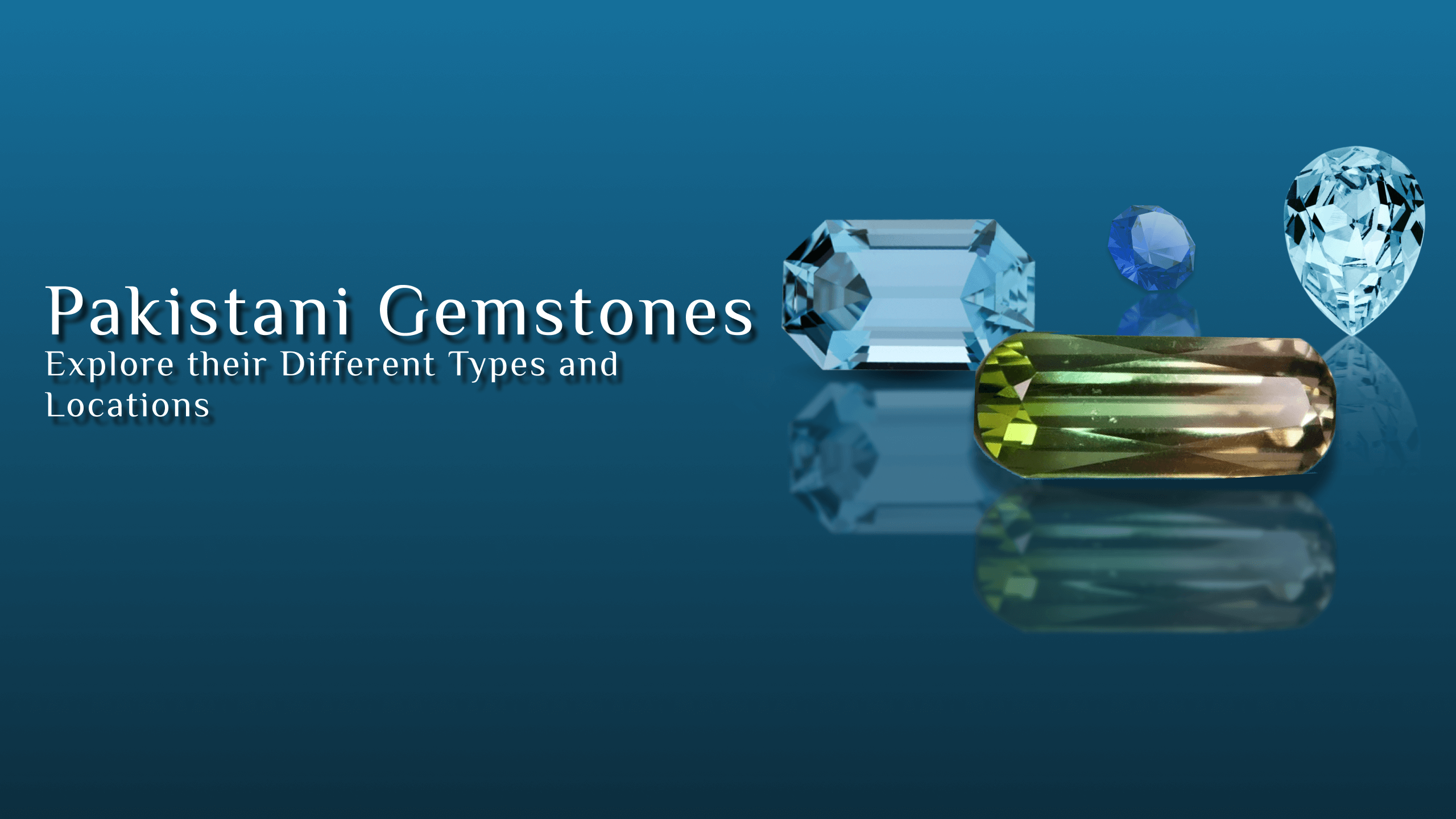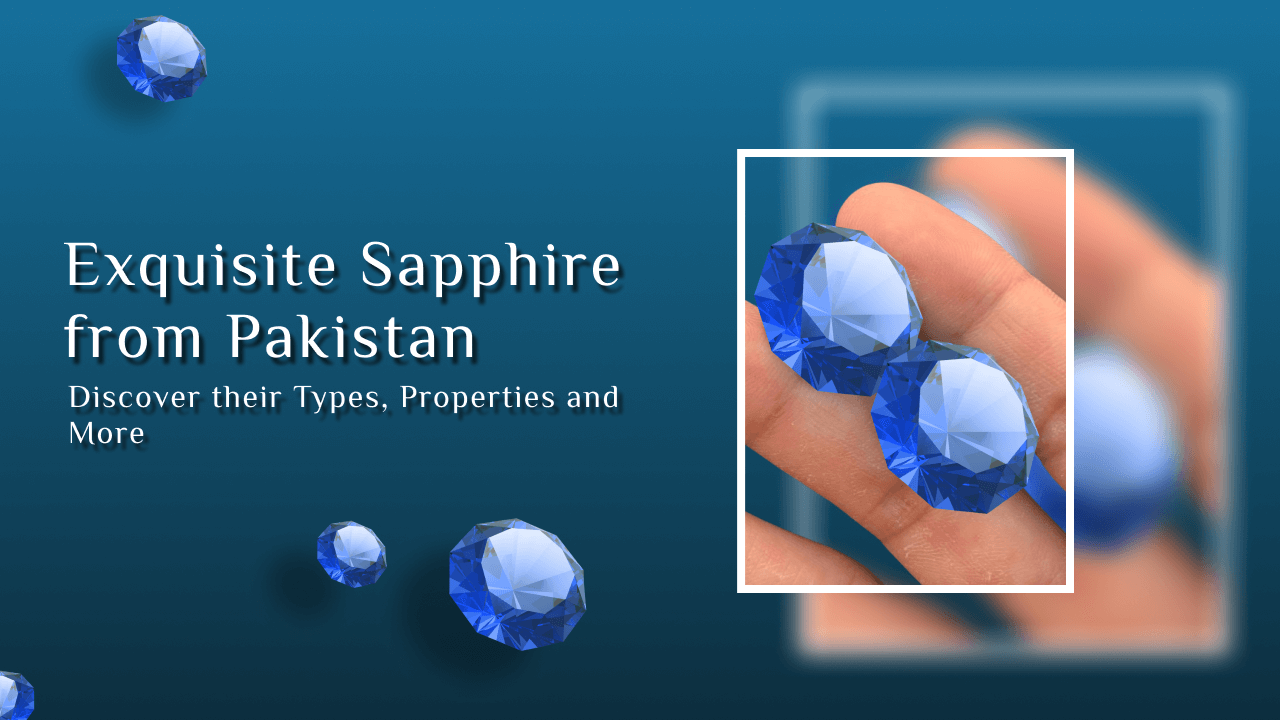Introduction: Overview of gemstone certifications
When buying gemstones, it’s important to know that you’re getting a genuine, high-quality stone. This is where gemstone certifications come in.
A gemstone certification is a report from a professional lab that checks and confirms the qualities of a gemstone. These qualities include the stone’s cut, color, clarity, and size.
So, Which Gemstone Certification is Best? To answer this, it’s useful to know that different certification organizations have their own ways of assessing gemstones. Each one provides a detailed report, but they do so in slightly different ways.
Gemstone certifications are important for several reasons. First, they give buyers confidence that the gemstone has been carefully checked and meets certain standards.
This is crucial in a market where gemstone quality can vary greatly. A certification also helps in determining the gemstone’s true value, which is helpful for both buyers and sellers.
Additionally, a certified gemstone usually has a higher value because it’s backed by the trustworthiness of the certification.
For those who collect or invest in gemstones, knowing the certification helps in making smart choices and ensures that you’re buying a genuine, high-quality stone.
In this blog post, we’ll look at different gemstone certifications, such as those from the Gemological Institute of America (GIA), the American Gem Society (AGS), and the European Gemological Laboratory (EGL).
By understanding these certifications, you’ll be able to decide which one is the best for your needs when buying gemstones.
When it comes to answering Which Gemstone Certification is Best? the Gemological Institute of America (GIA) often stands out as a leading choice.
Established in 1931, the GIA is one of the most renowned and respected gemological organizations in the world. Its certification is highly valued for its rigorous standards and comprehensive evaluation process.
The GIA is renowned for its expertise in grading gemstones based on the Four Cs: cut, color, clarity, and carat weight. Each gemstone submitted for certification undergoes a thorough examination by a team of highly trained gemologists.
The GIA uses advanced technology and precise methods to ensure that every detail of the gemstone is accurately assessed. This process includes evaluating the gemstone’s cut quality, color intensity, clarity of internal and external features, and its weight.
One of the key strengths of GIA certification is its commitment to impartiality and consistency. The GIA operates independently of the gemstone trade, ensuring that its reports are unbiased and reliable.
This independence helps maintain the credibility and trustworthiness of its certifications, which are widely recognized and accepted in the industry.
GIA-certified gemstones come with a detailed grading report that provides a comprehensive overview of the stone’s attributes.
This report not only verifies the gemstone’s authenticity but also offers valuable information for buyers and sellers, including the stone’s precise measurements and any notable characteristics.
For those wondering Which Gemstone Certification is Best?, GIA certification is often considered top-tier due to its rigorous standards, unbiased evaluations, and global recognition.
Whether you’re buying a gemstone for personal use or investment, a GIA certification provides assurance of quality and value, making it a highly trusted choice in the gemstone industry.
When deciding Which Gemstone Certification is Best?, the American Gem Society (AGS) is another top option to consider. Established in 1934, the AGS is highly respected for its commitment to high standards, ethical practices, and protecting consumers.
The AGS is especially known for its strict focus on grading diamonds, with particular attention to the quality of the diamond’s cut. The AGS has a unique cut grading scale that ranges from 0 to 10, with a grade of 0 meaning an “Ideal” cut.
This grade indicates that the diamond has been cut in a way that maximizes its brilliance and sparkle. The AGS’s emphasis on cut quality sets it apart from other certification organizations, as it recognizes that how a diamond is cut greatly affects its overall appearance and value.
In addition to cut, the AGS also grades diamonds based on the other Three Cs: color, clarity, and carat weight. Like the GIA, the AGS uses advanced tools and methods to ensure accurate and consistent grading.
However, what makes the AGS stand out is its strong commitment to ethical practices and educating consumers. The AGS was founded to protect buyers from fraud and misinformation, and it continues to focus on clear and honest grading reports.
When comparing AGS certification to GIA certification, both are highly respected. The GIA is known for its broad recognition and detailed reports, while the AGS is praised for its strict standards, especially regarding cut quality, and its focus on ethical transparency.
For those asking Which Gemstone Certification is Best?, AGS certification is a great choice, particularly if you want a certification that strongly values cut quality and ethical grading.
An AGS-certified gemstone gives you confidence in both the quality of the stone and the honesty of the certification.
When exploring Which Gemstone Certification is Best?, the European Gemological Laboratory (EGL) is another key player to consider. Founded in 1974, the EGL has established itself as a significant certification authority in the gemstone industry, particularly in Europe and other international markets.
The EGL offers gemstone certifications that assess the standard Four Cs: cut, colour, clarity, and carat weight. However, what sets EGL apart from other certification bodies like GIA and AGS is its focus on offering more accessible grading services.
EGL often provides reports at a lower cost, which can make gemstone certification more affordable for a broader range of consumers. This has helped EGL become popular among jewelers and buyers looking for certified gemstones at a more budget-friendly price.
However, when asking Which Gemstone Certification is Best?, it’s important to note that EGL’s grading standards can sometimes be more lenient compared to those of GIA or AGS.
For example, a diamond graded by EGL might receive a higher grade for color or clarity than it would if graded by GIA. This difference in grading strictness has led to some debate in the industry about the consistency of EGL reports.
Because of this, buyers should be aware that an EGL-certified gemstone might appear to have higher grades, but these grades might not align with those from stricter labs.
Despite these differences, EGL certification still holds value, especially for buyers who prioritize cost and accessibility. For those on a budget, EGL offers a way to purchase certified gemstones without breaking the bank. It’s also widely accepted in many markets, particularly outside the United States.
Which gemstone certification is best for you?
Choosing Which Gemstone Certification is Best? ultimately depends on your specific needs and priorities. Each certification body—GIA, AGS, and EGL—offers distinct advantages that cater to different buyer preferences.
If you’re looking for the highest level of credibility and widely recognized standards, GIA certification is often considered the gold standard. The GIA’s rigorous grading process and impartial evaluations make it the top choice for those who want the most trusted and accurate gemstone certification available.
It’s ideal for buyers who are investing in high-value gemstones or want the assurance of a globally respected certification.
For those who place a high value on cut quality, AGS certification is a strong contender. The AGS is particularly known for its strict focus on grading the cut of a diamond, which is crucial for maximizing a gemstone’s brilliance.
If you’re purchasing a diamond and want to ensure it has the best possible cut, AGS certification might be the best choice. Additionally, the AGS’s commitment to ethical practices and consumer protection makes it a trusted option for ethically-minded buyers.
On the other hand, if you’re working within a budget and still want a certified gemstone, EGL certification may be a suitable option. The EGL offers more accessible and affordable certification services, making it a popular choice for those who need a certified gemstone at a lower cost.
However, it’s important to keep in mind that EGL’s grading standards can be more lenient, so you may need to consider this if precision is a top priority for you.
In conclusion, Which Gemstone Certification is Best? depends on what you value most—whether it’s the strictest grading standards, the best cut quality, or the most affordable certification.
By understanding what each certification offers, you can make a more informed decision that aligns with your needs and ensures you’re getting the best possible gemstone for your investment.
Importance of certification in gemstone industry
Gemstone certification is crucial in the gemstone industry for ensuring authenticity, quality, and value, and answering the question: Which Gemstone Certification is Best? Certifications confirm that a gemstone is genuine, protecting buyers from fraud and imitation stones.
They provide a detailed assessment of a gemstone’s quality, including its cut, color, clarity, and carat weight, which helps in understanding its true attributes. This precise evaluation supports accurate valuation, ensuring that the price reflects the gemstone’s verified characteristics.
Additionally, certification builds trust between buyers and sellers by offering transparency and credibility in the market. Certified gemstones are also easier to resell and insure, as the certification provides a documented history of the stone’s quality and value.
Overall, gemstone certification plays a vital role in safeguarding the interests of both buyers and sellers, making it essential to consider when asking, Which Gemstone Certification is Best?
You May Also Like
